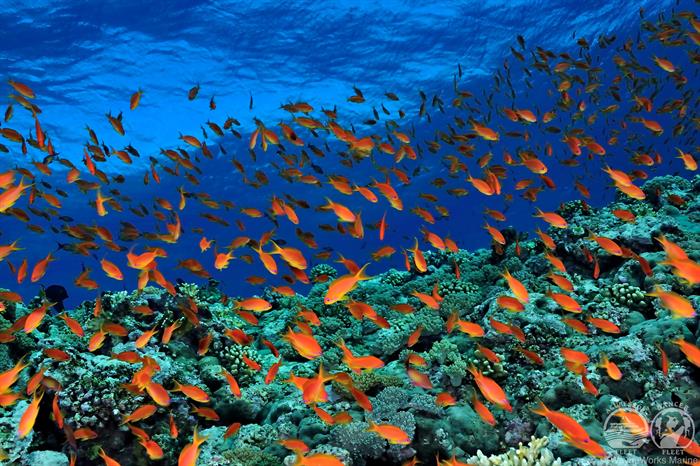The Coromandel Peninsula, with its picturesque beaches and rugged mountainous landscapes, offers more than just a terrestrial paradise. Beneath the waves, the region is a haven for divers, unveiling a world of kelp forests, intricate reef systems, and a vibrant array of marine life.
Best Scuba Diving Spots for Experienced Divers
Aldermen Islands: Just off the eastern coast of the peninsula, the Aldermen Islands are a top choice for advanced divers. The underwater topography here is dramatic, featuring walls, archways, and deep drop-offs. With good visibility, divers can witness schools of kingfish, snapper, and the occasional stingray.
Best Scuba Diving Spots for Beginners
Whitianga: As a popular base for diving in the Coromandel, Whitianga has several dive operators and sites suitable for novices. Dive sites near the town are protected, offering calmer waters and a plethora of marine species, making it an ideal spot for beginners or refresher dives.
Marine Life
Coromandel's marine environment is rich and varied. From playful dolphins and seals to the more stationary life forms like crayfish and green-lipped mussels, there's plenty to observe. Macro photographers will appreciate the smaller critters like nudibranchs, sea anemones, and a myriad of reef fish.
Dive Conditions
The Coromandel Peninsula offers relatively stable diving conditions. Water temperatures range from about 15°C (59°F) in winter to 22°C (72°F) in the warmer months. Visibility is typically between 10-20 meters but can stretch beyond 25 meters on exceptional days, especially around the Aldermen Islands.
Cost
A standard two-tank boat dive in the Coromandel region will cost around NZD 150-200. Equipment rentals, if required, can add NZD 40-80 to the expense. For those looking to get certified, beginner courses usually start at NZD 550-700, depending on the dive center and specific course details.
In summary, the Coromandel Peninsula is not just about golden beaches and forested hikes. Its underwater realm is equally captivating, offering divers a chance to immerse themselves in New Zealand's distinctive marine biodiversity.
